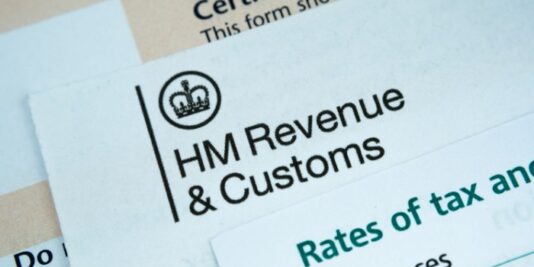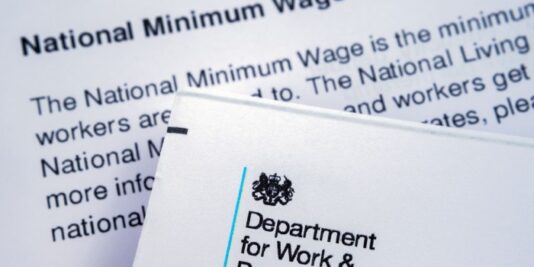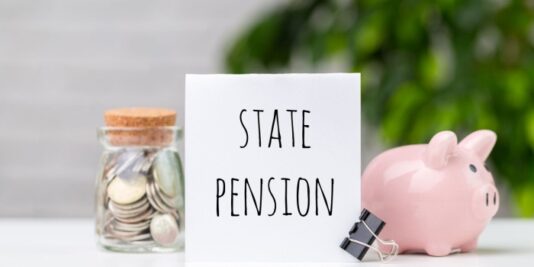Could an annual wealth tax raise £22 billion a year?
According to the annual Sunday Times Rich List, the 350 richest families and individuals in the UK have a combined wealth of £796.5 billion.
At a time when many people in the UK are struggling to afford necessities like food and heating, it’s not surprising that campaigners are using the Rich List to renew calls for a wealth tax to reduce the growing inequality between the richest and poorest.
This would be a tax on net wealth, rather than a levy on specific income or asset types. A one-off wealth tax has been proposed before by the Wealth Tax Commission.
Back in 2020, the think tank suggested a 5% tax on wealth above £500,000, payable over five years, which could have produced around £260 billion. Despite receiving considerable media attention, the government seemed to take no notice.
A few years on, several organisations have come together to campaign for a different wealth tax on the very richest, which could raise up to £22 billion a year.





